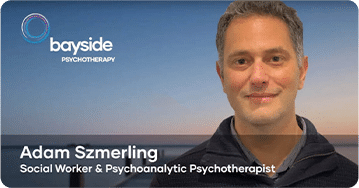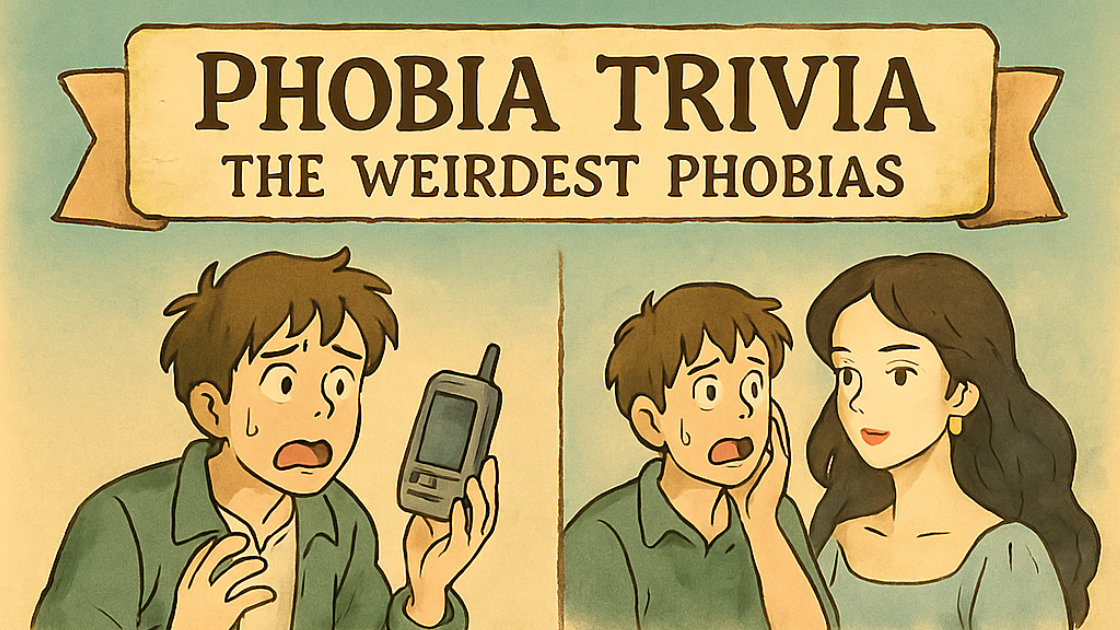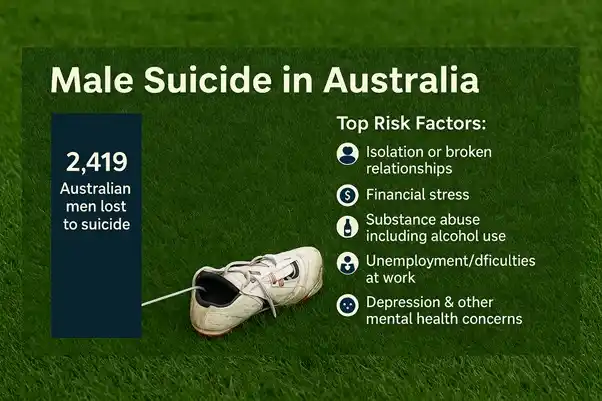How Going On A Diet Can Lead to Emotional Eating
How many types of diets have you seen pop-up on your social media? Paleo, vegan, pescatarian, flexitarian, juice cleanses, the keto diet… The list seems never-ending. When done correctly, these diets can undoubtedly help you reach your health goals, but if done too restrictively or over long periods of time, they can take a drastic toll on your mental and physical well-being.
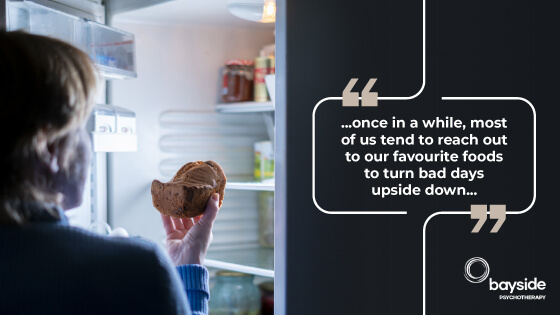
But how are dieting and emotional eating connected? First, let’s take a look at what emotional eating is.
Think back to when you were last feeling sad or lonely. Do you remember what you ate that day? It’s possible that you instinctively reached for some creamy ice cream or a slice of greasy pizza to lift your mood. It’s common for many of us to reach for these foods on our low days, but what does it mean when we consume these foods every day? Either as a reward or to distract ourselves from overwhelming emotions?
This is what we call emotional eating. Emotional eating is when one seeks unhealthy foods for comfort or as a reward. Emotional eating often helps one feel better by suppressing negative emotions like anger, stress, sadness, or fear. For some people, day-to-day activities can easily trigger these negative emotions, resulting in the development of emotional eating as a coping mechanism.
“Emotional eating is when one seeks unhealthy foods for comfort or as a reward. Emotional eating often helps one feel better by suppressing negative emotions like anger, stress, sadness, or fear.”
The Danger of Fad Diets
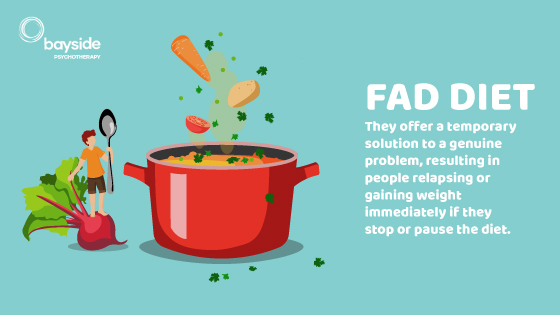
There are many reasons why people decide to start diets –most of the time, people diet for aesthetics – to shed off the extra pounds. Others start diets for moral reasons or simply to optimise their health.
Often, people couple diets with an exercise regime which can help them lose weight quicker.
Fad diets sell the misconception that following that diet will be the quickest way to lose weight. More often than not, these diets fail to include nutrients and foods vital for one’s well-being and are often not well researched. In addition, these diets are usually endorsed by celebrities or influencers. But these diets that cause dramatic weight loss can be damaging to one’s health and can significantly impact your relationship with food.
Many fad diets are highly restrictive, offering a temporary quick-fix instead of a sustainable lifestyle solution. Fad diets often result in relapses or immediate post-diet weight gain. In some cases, they can even mess with your metabolism, hindering future weight loss efforts.
The Brain on Dieting
Although there is some evidence that acute or short-term caloric restriction can lead to health benefits, severe or chronic caloric restriction is shown to have the opposite effect.
Aside from the physical implications, severe and prolonged calorie restriction resulting from fad diets can also affect the brain and your mood, causing feelings of fatigue, irritability and anxiety.
How Dieting Can Lead to Emotional Eating
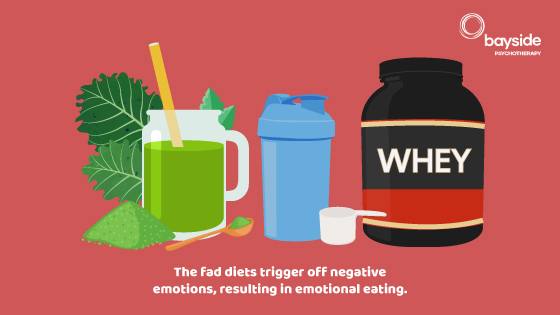
As we have already learned, long-term or severe caloric restriction can deprive the body of certain nutrients needed to keep the body in optimal physical and mental health.
Restricting food too excessively can push the body into starvation mode, causing irresistible cravings and an unhealthy obsession with food. When fad diets start affecting one’s mood, it’s easy to understand how dieting can develop or exacerbate emotional eating.
The negative emotions that accompany these sorts of diets make them difficult to stick to and are often entirely unenjoyable, with no room for even a little bite of that delicious cheesecake!
The Development of Emotional Eating
With emotional eating, delicious, unhealthy foods allow you to distance yourself from unwanted emotions, even if it’s just a few minutes. When this becomes a consistent habit, the mind subconsciously begins to form connections between negative emotions and the false need to consume unhealthy comfort food.
Most of the time, people don’t even realise just how much emotional eating affects them until a more serious health problem is flagged.
As you can see, fad dieting and emotional eating feed into other and can quickly become a never-ending cycle of feeling down -> overindulging -> gaining weight -> feeling guilty -> fad dieting ->unstable moods ->back to emotional eating.
Even celebrities have been caught in this vicious cycle. In an interview with Health magazine, Khloe Kardashian opened up about how she had spent her entire life going from one fad diet to another.
She admitted that she had been an emotional eater since she was a kid. But she had always hated how she felt after binge eating. It took her quite some time to realise that the only way to get healthy was to adopt a holistic and healthy lifestyle.
“Most of the time, people don’t even realise just how much emotional eating affects them until a more serious health problem is flagged.”
So, how can you do this too?
How to Stop Emotional Eating?
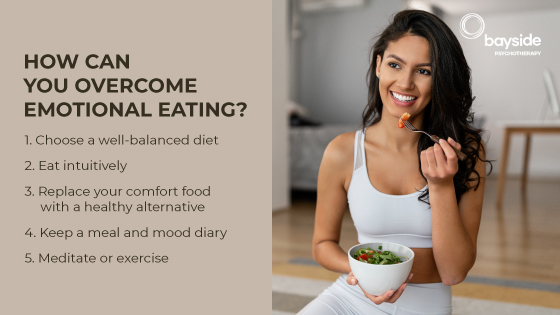
- A balanced diet is the best solution:
People tend to eat emotionally because their muscle memory makes them believe they feel better when they eat certain foods. It is important to change that narrative by making healthier food choices the norm. Following a balanced diet of whole food only helps you pack in all the necessary nutrients that your body needs. When your body functions well, you are better equipped to make wiser food choices. - Eat intuitively:
Often, we end up eating in front of TV screens, taking bites as we mindlessly scroll through our phones. The next time you are eating, try to get away from such distractions and become more mindful. Think about the texture of the food, how it tastes and how it feels when you put each bite of food into your mouth.
This will go a long way in controlling how much you eat while helping you rediscover your relationship with food. - Replace your comfort food with a healthy alternative:
This is something that can help you keep your weight in check while also preventing any adverse effects of unhealthy food on your body and mind. If you feel the urge to binge on something when you don’t feel good – replace it with something healthier. Instead of a pack of chips, munch on some fresh-cut veggies such as carrot sticks or even peanuts. Instead of hot chocolate, go in for a cup of vanilla green tea.
At first, these changes may be difficult to adapt to, but your tastebuds will soon adjust. - Log your meals and moods in a diary:
A meal and mood diary may seem like a lot of effort, but it can do wonders for your health. A food diary allows you to keep a conscious track of what you are eating and when you are eating it. It helps you better identify the triggers that drive you to emotional eating, allowing you a chance to control, prevent, and better manage your responses. - Indulge in some movement – meditate or exercise:
Meditation will enable you de-stress and relax your mind and body.
Exercising is not only good for your overall wellbeing but it can suppress feelings of hunger and distract you when you feel triggered or tempted to emotionally eat.
The cherry on the cake? Meditation and exercise are also natural mood-boosters, helping you avoid those triggering feelings in the first place.
Overcoming emotional eating demands a little hard work, discipline, and energy. On days when you find it difficult, remind yourself to take it one day at a time and pay heed to what your body really needs instead of answering those calls with a treat meal.
It might seem tougher to break away from it on some days and easier on others, but you can always seek the experience of a mental health professional to help you make lasting, lifelong changes.
Feel free to speak to one of our professional therapists for emotional eating treatment. You can link up through a confidential and secure video conferencing session – anywhere in Australia or call 03 9557 9113 for an appointment in our Melbourne clinic. Professional help is just a click away. All you need to do is reach out.
Here are a couple of blogs written on this topic you might find useful:
What Are Australians Most Afraid Of? N...
From snakes and spiders to needles and ghosts, fear takes many forms. But what do Australians fear most in 2025? At Bayside Psychotherapy, our expert.
Is It Time For The AFL To Cast A Menta...
At Bayside Psychotherapy we are passionate about mental health and like many fellow Melbournians, many on our team are avid AFL fans. So when two of our.
Exploring Emerging Therapies: Understa...
At Mind Medicine Australia, we are dedicated to transforming the trea.
The Balance of Power in Romantic Relat...
Why do some relationships thrive while others feel like a constant tug-of-war? Power dynamics lie at the heart of this balance.


